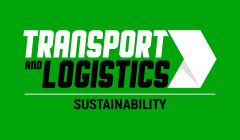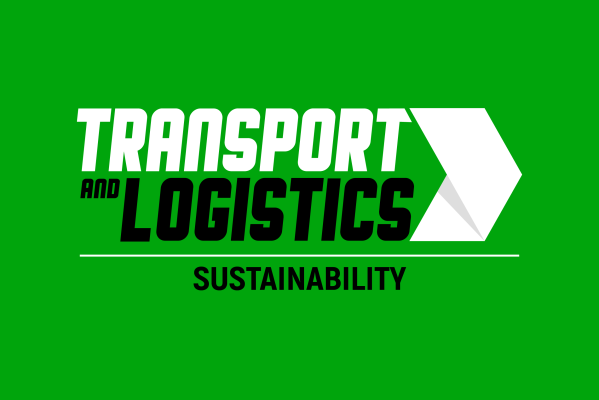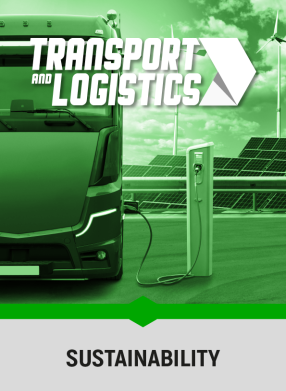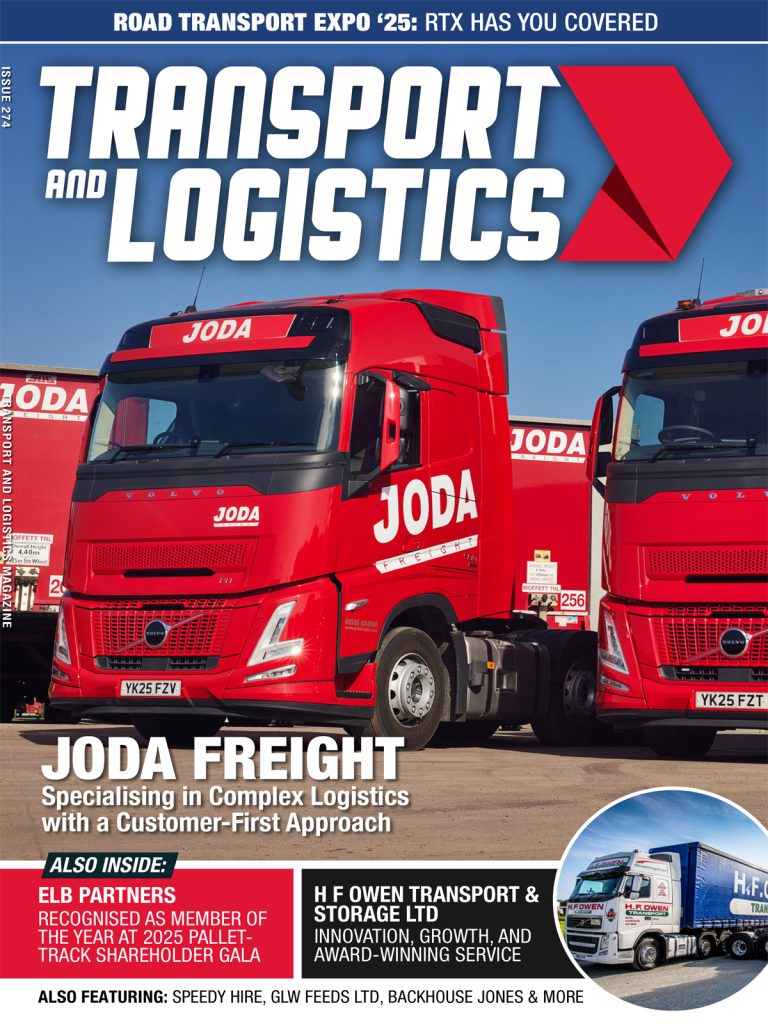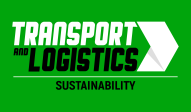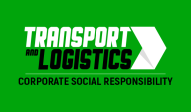The logistics sector needs to undergo vast transformation for the UK to achieve net zero emissions by 2050, according to Logistics UK, as it launches its route map to decarbonise this £127 billion industry. Speaking at the launch of The Route to Net Zero: A Manifesto for Logistics at a virtual event today, David Wells, the business group’s Chief Executive, comments:
“Logistics businesses are determined to decarbonise their operations as quickly and as effectively as possible to support the UK’s environmental goals – and those decided on the international stage at COP26 – but the government must provide the policies and infrastructure to make net zero emissions by 2050 possible. In The Route to Net Zero: A Manifesto for Logistics, Logistics UK details the measures businesses need from government and other stakeholders to make this deadline a reality. Over the coming months and years, we expect to see vast transformation take place across the logistics industry, as the nature of road, sea, air and rail transport evolves to operate on zero carbon.”
At the launch route map webinar, Mr Wells was joined by Andy Eastlake, CEO of Zemo Partnership, who shared essential insights into the future of transport as the UK moves towards a net zero economy. Jackie Hewson, Alternative Fuels Implementation Manager – Transport at John Lewis Partnership and Elaine Pringle, Fleet Manager at Scottish Water – both members of Logistics UK’s Route to Net Zero commitment – presented their companies’ decarbonisation strategies, providing insight and learnings for those looking to make the next step on the route to net zero.
The one-hour launch webinar is free to watch back for both Logistics UK members and non-members alike.
Logistics UK is one of the UK’s leading business groups, representing logistics businesses which are vital to keeping the UK trading, and more than seven million people directly employed in the making, selling and moving of goods. With COVID-19, Brexit, new technology and other disruptive forces driving change in the way goods move across borders and through the supply chain, logistics has never been more important to UK plc.
